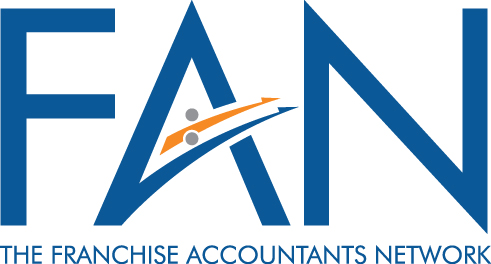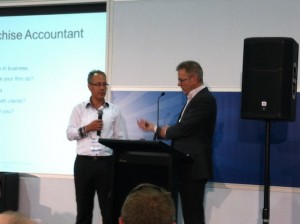Franchise Fit Outs
/Following is a guest post on the topic of Franchise Fit Outs by Peter McLaughlin, who is a lawyer experienced in franchising, and a member of FAN. One of the advantages of buying into a franchise is the ability for a franchisee to leverage from an established and successful business. In order to maximise the effect of the franchise system, those franchises that operate from retail premises such as a shop should have the same look and feel across all stores, highlighting the replication of a singular brand and product.
The Franchise Agreement will usually contain a provision as to whether the franchisor or the franchisee will fit out the shop to achieve this cohesive, predetermined look.
Fit Out by Franchisee
Where the franchisee is required to coordinate the fit out of their own shop, they must ensure that this is carried out in accordance with the franchisor’s specifications. A Fit Out Manual will usually exist outlining the franchisor’s precise requirements. Often a franchisor will also advise of an approved shopfitter that knows the brand and business and is recommended to carry out the work.
The final fit out must usually obtain the franchisor’s approval and pass a final inspection prior to commencing operation of the franchise. Franchisees are recommended to read the Franchise Agreement carefully to understand what is required of them in this process.
Fit Out by Franchisor
Alternatively, the franchisor may assert that they will co-ordinate the fit out on the franchisee’s behalf. In this circumstance franchisees should ensure that they are involved in the process and check that the quotes of the shopfitter are reasonable.
It is also common for franchisors to supply a “turnkey” package. This is when the franchisor grants the franchise, supplies a fully fitted out shop and turns over the keys to the franchisee to operate, all in return for the payment of a fixed amount.
What Happens in the Event of Relocation?
Most site-based Franchise Agreements allow for a franchisee to conduct business only at a specified location. The agreement should however make provision for the situation where the premises are destroyed, rendered unfit or if the lease expires or is terminated without fault on the part of the franchisee. The agreement would usually allow a franchisee to relocate, but will also impose conditions on that relocation.
What Should I Do?
Whether you are a franchisor or a franchisee, the key to benefiting both parties and getting the shop fit out right is clear communication.
Franchisees should ensure you read your Franchise Agreement thoroughly and understand what is required of you in regards to your shop’s fit out.
Franchisors should be open and very clear in regards to your fit out standards to avoid any confusion or misrepresentation of your brand.
For any assistance regarding the drafting or reading of Franchise Agreements please contact Peter McLaughlin on 3852 5055 or at peterm@redchip.com.au.



